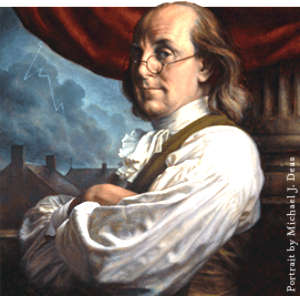All right, before all you overprotective parents freak out on me for even posting a review of this book... hear me out: There are no demons in the book. There is a passing reference to dark magic, but no mention of satanism or anything closely resembling it. So... with that said... I'm going to review the book.
Set in the fantasy kingdom of the Seven Realms, The Demon King is the first in three book series that takes several young people on a journey toward adulthood during a time of political intrigue, injustice and warfare. Raisa, the princess heir, struggles with her place in government and the decisions she faces as she learns that she is not free to do as she pleases. Her life must be lived for the good of her people and their future.
Han Alister, former streetlord, has survived sixteen years in the impoverished streets of the city of Fellsmarch, often taking refuge with the clans who live in the mountains. He is searching for answers, some sort of destiny since he chose to leave his place as gang leader, but destiny chooses to find him, and with it, trouble.
The Queendom of the Fells has lived in an uneasy peace since Alger Waterlow was defeated 1000 years ago. Now, the queens of the Gray Wolf Throne rule under the peace agreement set forth by the clans: the Naeming. Wizards have limited power; the High Wizard himself is magically bound to serve the reigning queen, and the clans control the use of amulets, the magical instruments that conduct "high magic."
Raisa is a noble, and Han is a peasant, but both have heard the tale of the "Demon King" the wizard who tried to force the brave queen Hanalea to be his wife. She defied him, so the popular story goes, and eventually killed him... but as the two young people begin their journey, they quickly discovery that history is often a matter of forgetful remembering, and the truth must often be something we find for ourselves.
I enjoyed reading the first of this series, and greatly look forward to the next installation (which is sitting on my desk as I'm writing this.) The characters are alive with emotion and Williams gives the reader a look into thought processes and logic that make every action believable. Some moments, the emotions seem a little thin, Han's grief near the end of the book seems somewhat a matter of fact than of his heart, but all in all, what is discussed in detail is true to each character.
Sometimes it's a little difficult to keep track of everything, direction from one kingdom in the realm to the next can be somewhat overwhelming, but thanks to the map within the front sleeve of the book I was able to sort most everything out.
I would recommend you begin this book when you have plenty of time to finish. Once you hit the middle... there's no turning back... the fate of the kingdom hangs in the balance.

